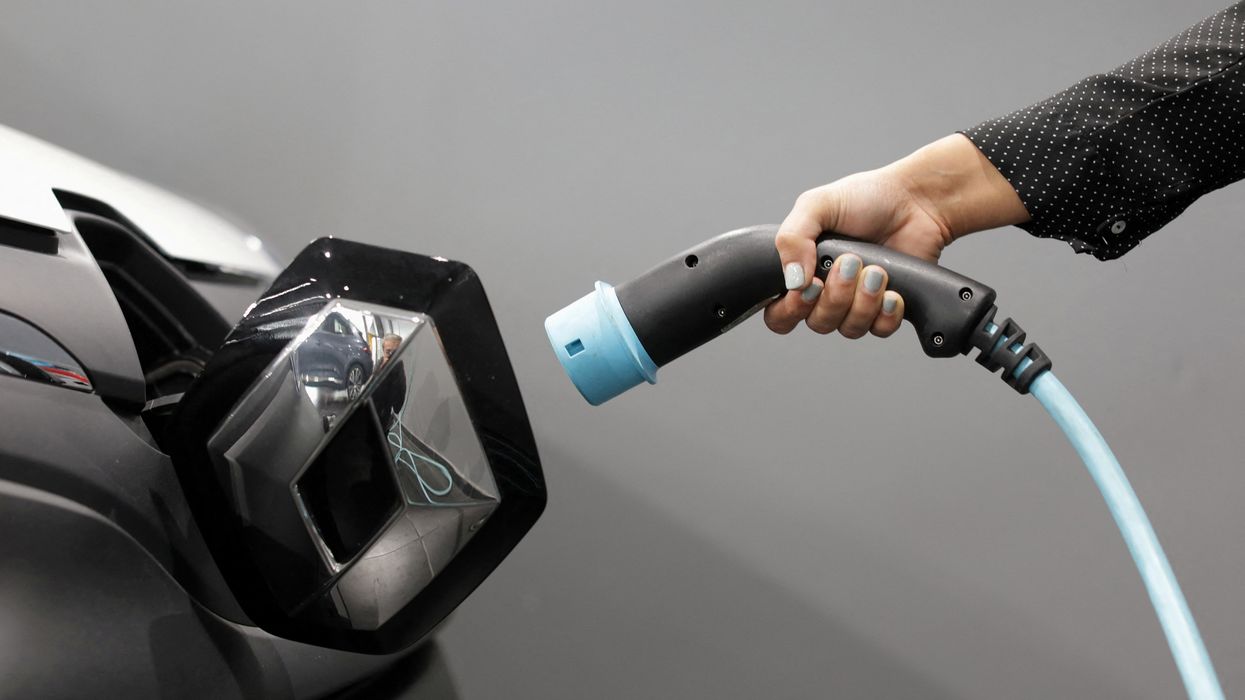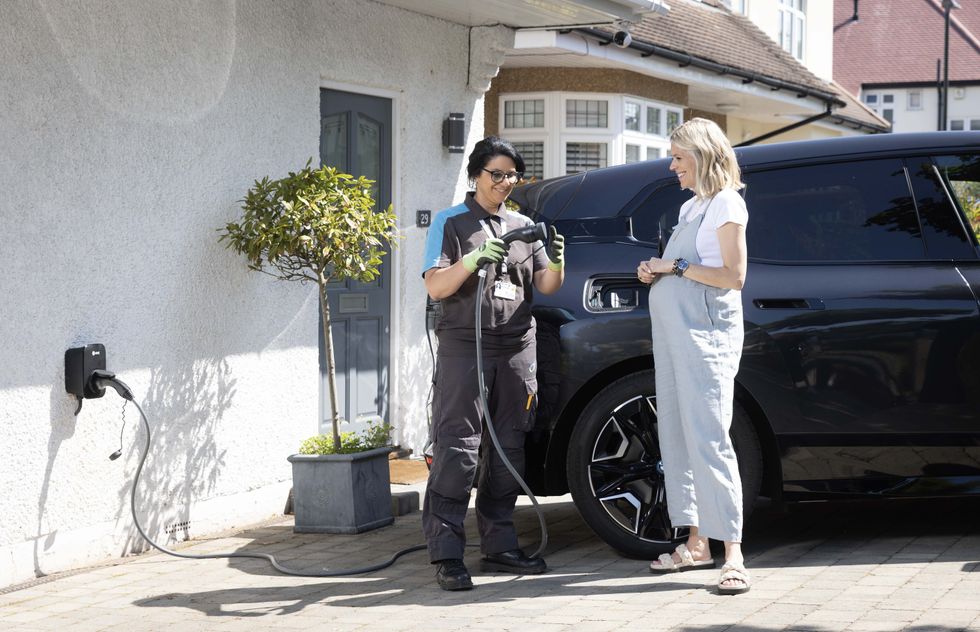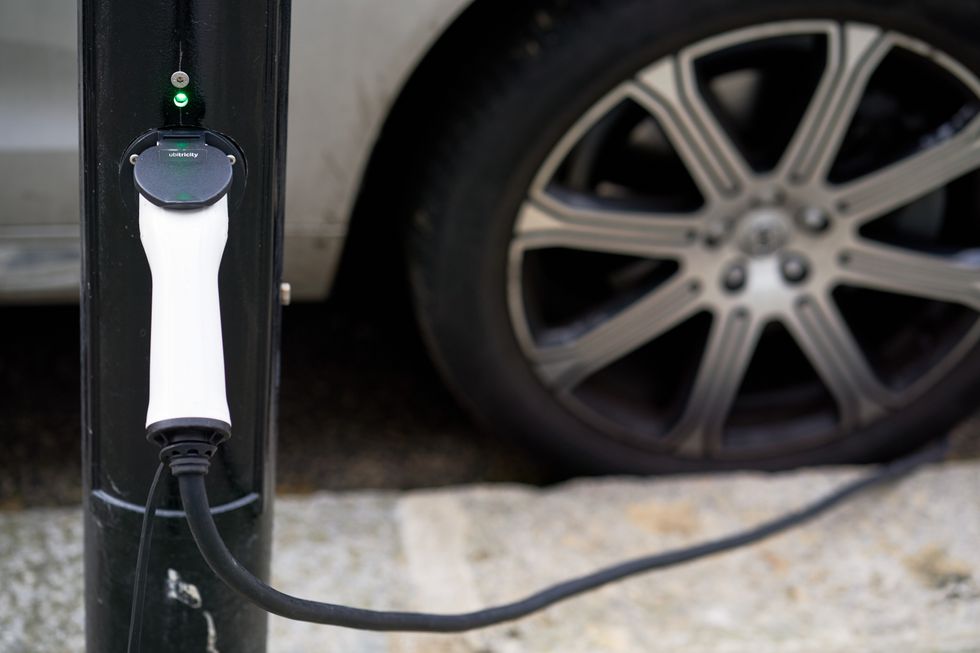Electric cars causing huge issues with councils 'not prepared' for charger demand

Demand for home electric car chargers has grown massively.
|Reuters.

Councils around the UK could be unprepared for a surge in demand for home EV charging points, according to one expert.
Don't Miss
Most Read
As the UK edges closer to the deadline to ban the sale of new petrol and diesel vehicles in 2030, electric vehicle sales are on the rise.
Both hybrid and fully electric vehicles are seeing consistent growth in sales, despite some motorists still having reservations about range anxiety and the UK’s charging infrastructure.
While the number of public electric car chargers is steadily growing, many drivers are looking into the possibility of installing EV chargers at their homes to avoid the need to use a public charger.
Demand from motorists searching for home EV chargers has soared by 120 per cent over the past 12 months, although one expert has warned that councils will not be able to keep up.

Demand for home EV chargers has soared by 120 per cent over the past 12 months.
|PA Media.
Millions of homeowners around the UK do not have access to garages or driveways, causing major headaches for those looking to charge their vehicles.
Electrician Jonathan Steed highlighted how requests for EV home charging points had become far more frequent over the last year.
Mr Steed, who works with MyBuilder.com, added: “We’ve seen a significant rise in these jobs coming in.
“Many are still from people with driveways, but increasingly we are seeing requests from homeowners who don’t have such convenient facilities.”
EV chargers near homes and in community areas can still be installed, although it involves planning permissions, applications, and council involvement, especially if it runs across the pavement.
Rule 239 of the Highway Code instructs electric car drivers to park close to the charger and avoid creating a trip hazard for pedestrians from trailing cables.
Motorists should display a warning sign if they can and are advised to return all charging cables and connectors neatly and safely to avoid any further obstacles.
Mr Steed continued, saying: “I have been in discussion with our local council about this as there are concerns that local councils are just not prepared for the issues that the influx of these requests will cause as EV ownership grows.
“It’s a problem we have seen coming for a while yet - but it doesn’t seem to have sunk in yet.”
Many energy suppliers now offer the opportunity for drivers to install a home EV charger and invest in an electric car-friendly home tariff – offering lower costs for drivers.
Motorists should first identify which charger they require and contact an approved installer, which can be found on the Government website.

Many electric car drivers are appealing for more EV chargers.
|PA Wire
For those without driveways or garages, the local council must be informed of the location of where the charger is to be installed, with most councils already having plans for the rollout of EV chargers.
Once motorists have been given the green light with planning permission, they will be able to install the charger, although they must have the correct cabling to meet standards.










